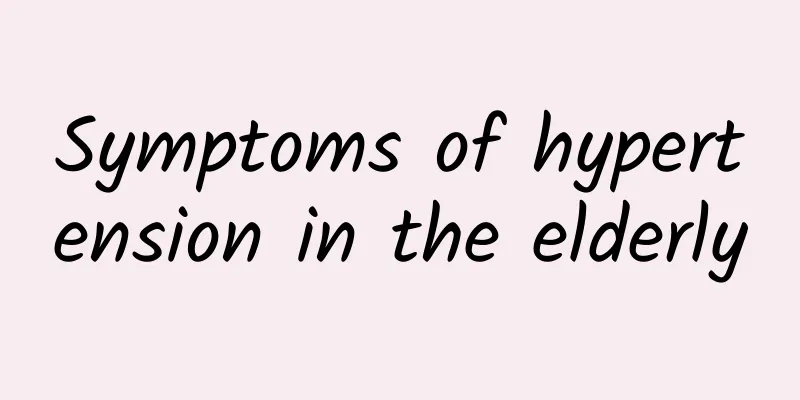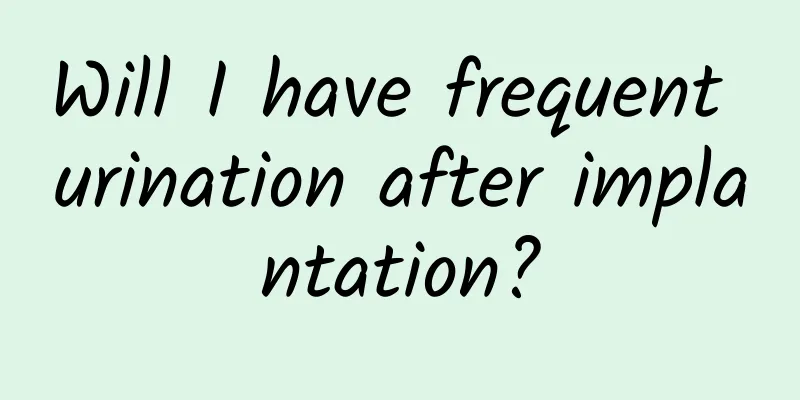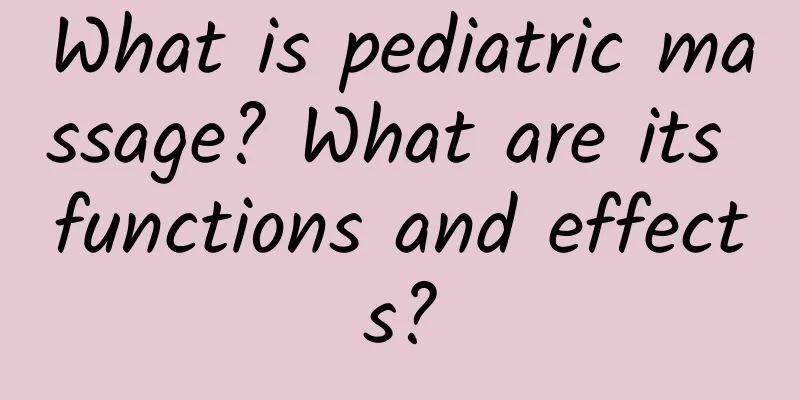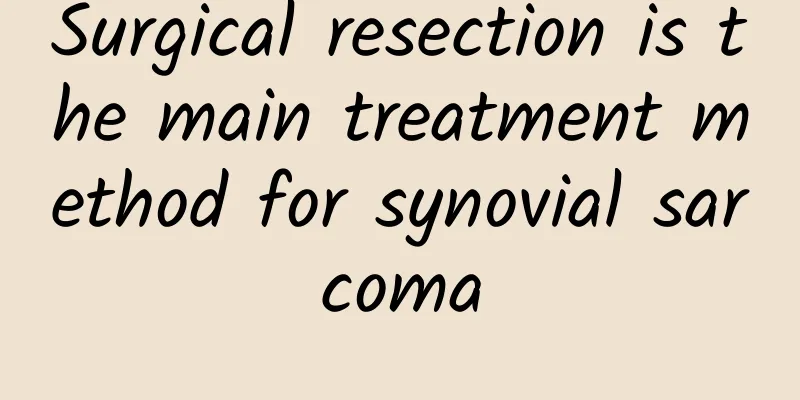Symptoms of hypertension in the elderly

|
When the elderly experience dizziness, headaches, or weakness in the limbs, they think they are symptoms of high blood pressure, but they often choose to solve the problem by taking antihypertensive drugs. In fact, this is wrong. First of all, you should go to the hospital and let the doctor confirm whether you have high blood pressure, and take antihypertensive drugs under the doctor's guidance. Antihypertensive drugs are not health products or nutritional supplements and cannot be taken for a long time. If taken for a long time, it will bring burden and impact to other organs of the elderly's body. There are many other symptoms of hypertension in the elderly, not just dizziness, headache or weakness in the limbs. Hypertension is a common disease among middle-aged and elderly people. The following symptoms may occur in middle-aged and elderly people: 1. Headache: mostly located in the back of the head, accompanied by symptoms such as nausea and vomiting. If you experience frequent and severe headaches accompanied by nausea and vomiting, this may be a sign of a transition to malignant hypertension. 2. Dizziness: It is more common in female patients, and they may feel it when they suddenly squat or stand up. 3. Tinnitus: Tinnitus in both ears, lasting for a long time. 4. Palpitations and shortness of breath: Hypertension can lead to myocardial hypertrophy, heart enlargement, myocardial infarction, and heart failure. These are all symptoms that cause palpitations and shortness of breath. 5. Insomnia: Most of the symptoms include difficulty falling asleep, early awakening, restless sleep, nightmares, and easy awakening. This is related to cerebral cortex dysfunction and autonomic nervous system dysfunction. 6. Limb numbness: common symptoms include numbness in fingers and toes or a crawling sensation on the skin, and inflexible fingers. Numbness may also occur in other parts of the body, as well as paresthesias and even hemiplegia. The prevalence of hypertension among the elderly population in my country is as high as 49%. In the early days, people believed that hypertension in the elderly was a physiological phenomenon in which blood pressure increased with age and did not need to be treated. However, long-term studies have shown that hypertension in the elderly is an important factor that endangers the survival and quality of life of the elderly. Active treatment can significantly reduce the risk of important cardiovascular events such as stroke. |
<<: Precautions for cholecystitis in the elderly
>>: Symptoms of fractures in the elderly
Recommend
Always feel like urinating
You must drink more water when the weather is hot...
What is Cordyceps sinensis?
I believe many of my friends know about Cordyceps...
What is the disease of white skin? These four diseases are worth paying attention to
Generally speaking, it is an abnormal phenomenon ...
What is the cause of the horizontal lines on the big toe nail?
It is also common to see horizontal lines on the ...
What are the dangers of vaginal ultrasound during pregnancy
If you go to the hospital to check the growth and...
How to treat tinnitus by yourself? An old Chinese doctor teaches you how to treat tinnitus by yourself
Tinnitus is a relatively common disease. When tin...
What to do if you have trouble breathing
Breathing is mainly the human body's respirat...
Headache and rapid heartbeat may be caused by these reasons
Headache and rapid heartbeat are very common symp...
How much is the dosage of Codonopsis pilosula?
The main components of Codonopsis are polysacchar...
What to do if the water in chickenpox turns yellow
Varicella is a relatively common skin disease. Wh...
What to do if the nasal artery ruptures
Inside the human nose, there are not only many ol...
Is electrotherapy useful for lumbar disc herniation?
Electrothermal therapy is a physical therapy meth...
Can gastritis eat pig stomach and ginger?
Pork tripe is the stomach of a pig. It is rich in...
What causes low white blood cell count?
When the human body has some other problems, time...
What are the treatments for nystagmus?
Nystagmus is extremely harmful and may lead to bl...









